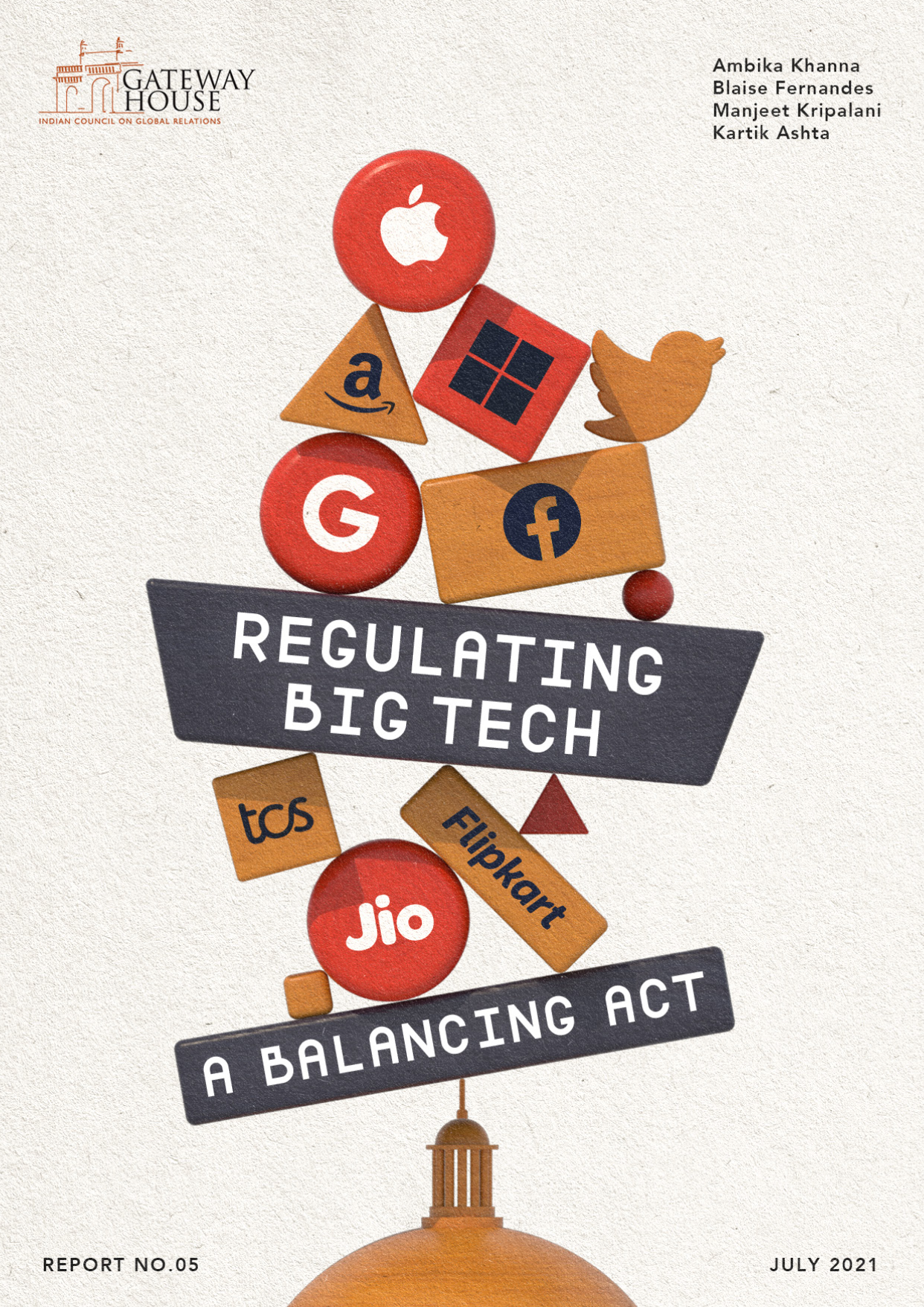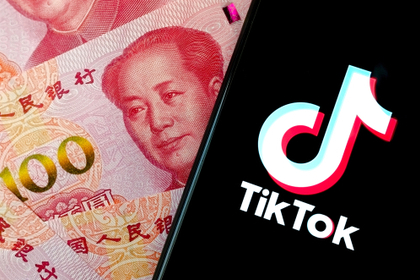 Courtesy: Blaise Fernandes
Courtesy: Blaise Fernandes
Geographical Indication (GI) tags denote a good's specific physical origin. These are potential revenue-generators for India. Combining government support with its e-commerce network, India can empower MSMEs and women-led cottage industries to compete with large companies by building a strong GI ecosystem. The Make in India initiative and GI can together provide an impetus to social and economic growth in India.
 Courtesy: Shutterstock
Courtesy: Shutterstock
Geographical Indication (GI) tags can be ready revenue generators today, especially for India. The country's robust global e-commerce system and recent domestic drone policy can help build a strong GI ecosystem and boost India's soft power. The government must lend its support to the industry, learning from European and Chinese examples.
 Courtesy: Gateway House
Courtesy: Gateway House
Big Tech is powerful and its profits are growing - by 105% over the last year. It dominates economies. This raises concerns about data protection and privacy, anti-trust, fintech and the specific role of intermediaries. India is leading the way on fintech, but is behind several countries and institutions on digital rules. It is important to establish laws and rules to govern technology – whether domestic or through multilateral bodies – with the aim to strike the right balance between innovation and regulation.
 Courtesy: Shutterstock
Courtesy: Shutterstock
India is now an integral part of the global digital supply chain, and is salient to global technology stakeholders. The country’s innovation, regulation and legislation is working hard to keep up with this fast-moving new element. The gap is in domestic administrative technical capacity. A new all-India service cadre with technical expertise can streamline the technology policy work across ministries and play an important role in building India’s digital dimensions.
 Courtesy: Shutterstock
Courtesy: Shutterstock
With Oracle, Walmart and U.S. venture capitalists now holding the majority of TikTok Global’s shareholding, China’s closed digital world gets a breather, and the possibility of a truly open global Internet, gets a blow. China has won this round.
 Courtesy: Shuterstock
Courtesy: Shuterstock
The depth and complexity of India’s digital citizenry and ecosystem puts it in a unique position to impact global rules on digital governance. An opportunity to assert its influence is coming up with India’s presidency of the G20 in 2022. Work on this agenda must begin now.
 Courtesy: Uday Deb/Times of India
Courtesy: Uday Deb/Times of India
After the strategic digital pushback against Chinese investments and apps, India should turn its attention to the biggest Chinese domination tool – 5G. This is the mother lode that enables the efficient gathering of data, which when mined, results in product enhancement and pricing benefits to products listed in China 2025 and helps China set global standards. There is an urgency for alternate suppliers of 5G equipment and other technologies to avoid relying on China.
 Courtesy: Shutterstock
Courtesy: Shutterstock
With more than 130 and 119 million users respectively, Chinese apps such as UC Browser and TikTok are not merely internet products, but serious content aggregators in India. But the final control of data collected by these apps resides in China, and this creates a grave risk to national security.
 Courtesy: Shutterstock
Courtesy: Shutterstock
India’s e-commerce sector has shown resistance to the COVID-19 pandemic. This is a welcome outcome, and to ensure its success, strong regulatory policy in e-commerce is needed to ensure a level-playing field. This will benefit the customer and strengthen the Digital India and Make in India visions of the government. Can emerging markets look to India for a model e-commerce policy where the regulator has played a part, but not overregulated?
 Courtesy: Shutterstock
Courtesy: Shutterstock
India’s e-commerce sector has shown resistance to the COVID-19 pandemic. This is a welcome outcome, and to ensure its success, strong regulatory policy in e-commerce is needed to ensure a level-playing field. This will benefit the customer and strengthen the Digital India and Make in India visions of the government. Can emerging markets look to India for a model e-commerce policy where the regulator has played a part, but not overregulated?












